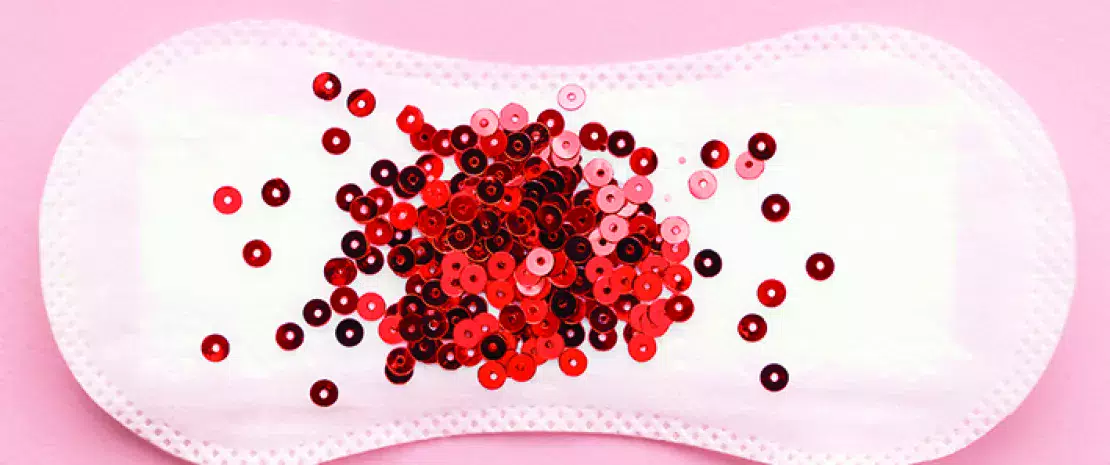Vaginal microbiota # 14
By Pr. Markku Voutilainen
Turku University Faculty of Medicine; Turku University Hospital, Department of Gastroenterology, Turku, Finland
Lay public section
Find here your dedicated section
Sources
This article is based on scientific information
Sections

About this article
Author
IS THE VAGINAL MICROBIOTA TO BLAME FOR DYSMENORRHEA?
In a pilot study - the first to focus on the link between the composition of the vaginal microbiota during menstruation and the intensity of period pain - 20 women were classified into three groups according to the pain they experienced during their period: “mild localized pain”, “severe localized pain”, or “severe multiple pain and gastrointestinal symptoms”. The vaginal microbiota was analyzed both during menstruation and outside of menstruation. The results showed that the vaginal microbiota composition significantly varied between women as well as over the course of the menstrual cycle, but the composition during menstruation varied even more depending on intensity of pain. In particular, during menstruation, women with more severe dysmenorrhea had a lower abundance of lactobacilli and a higher abundance of potentially pro-inflammatory bacteria.
Although limited in terms of size, age groups studied and ethnic diversity, this pilot study is a first step towards larger studies on associations between the intensity of pain during menstruation and the composition of the vaginal microbiota. The researchers hypothesize that during menstruation endometrial tissue is broken down, releasing compounds (prostaglandins) that may cause uterine muscle contractions and increased sensitivity, thus contributing to menstrual pain. Certain bacteria in the vaginal microbiota may promote the release of these compounds and of pro-inflammatory cytokines that exacerbate the symptoms of dysmenorrhea. If these hypotheses are confirmed, the pilot study would underline the importance of taking into account inter-individual differences and the dynamics of the vaginal microbiota during the menstrual cycle.
CERVICOVAGINAL MICROBIOTA: A MARKER FOR PERSISTENT PAPILLOMAVIRUS INFECTION?
In this new study, the cervicovaginal microbiota of 15 women was analyzed via 16S rRNA gene sequencing, and HPV genotyping was performed. Six of the women showed persistent infection (infection with the same HPV type for more than 12 months), four showed transient infection (infection cleared in less than 12 months) and five were HPV-negative. The three groups showed significant differences in the composition of the cervicovaginal microbiota. In the healthy women and those with transient infection, the Lactobacillus genus predominated, whereas women with persistent infection had a more diverse cervicovaginal microbiota. A statistical analysis revealed 36 bacteria to be associated with transient or persistent infection status, with these bacteria having the potential to serve as biomarkers. Among them, and in line with previous studies, the genera Acinetobacter, Prevotella and Pseudomonas were correlated with persistent infection. On the other hand, Lactobacillus iners was correlated with transient infection. The women with persistent HPV infection had significantly higher concentrations of IL-6 and TNF-α in their cervical secretions and a higher number of regulatory T cells and myeloid-derived suppressor cells in their peripheral blood. The results of this study suggest that changes in the cervicovaginal microbiota may be linked to persistent HPV infection. However, it is not known whether dysbiosis induces persistence of the infection or vice versa. Despite this, the identification of a microbial signature for persistent HPV infection may allow earlier diagnosis, ultimately leading to earlier intervention to eradicate the infection and reduce the likelihood of developing malignant cervical lesions.









